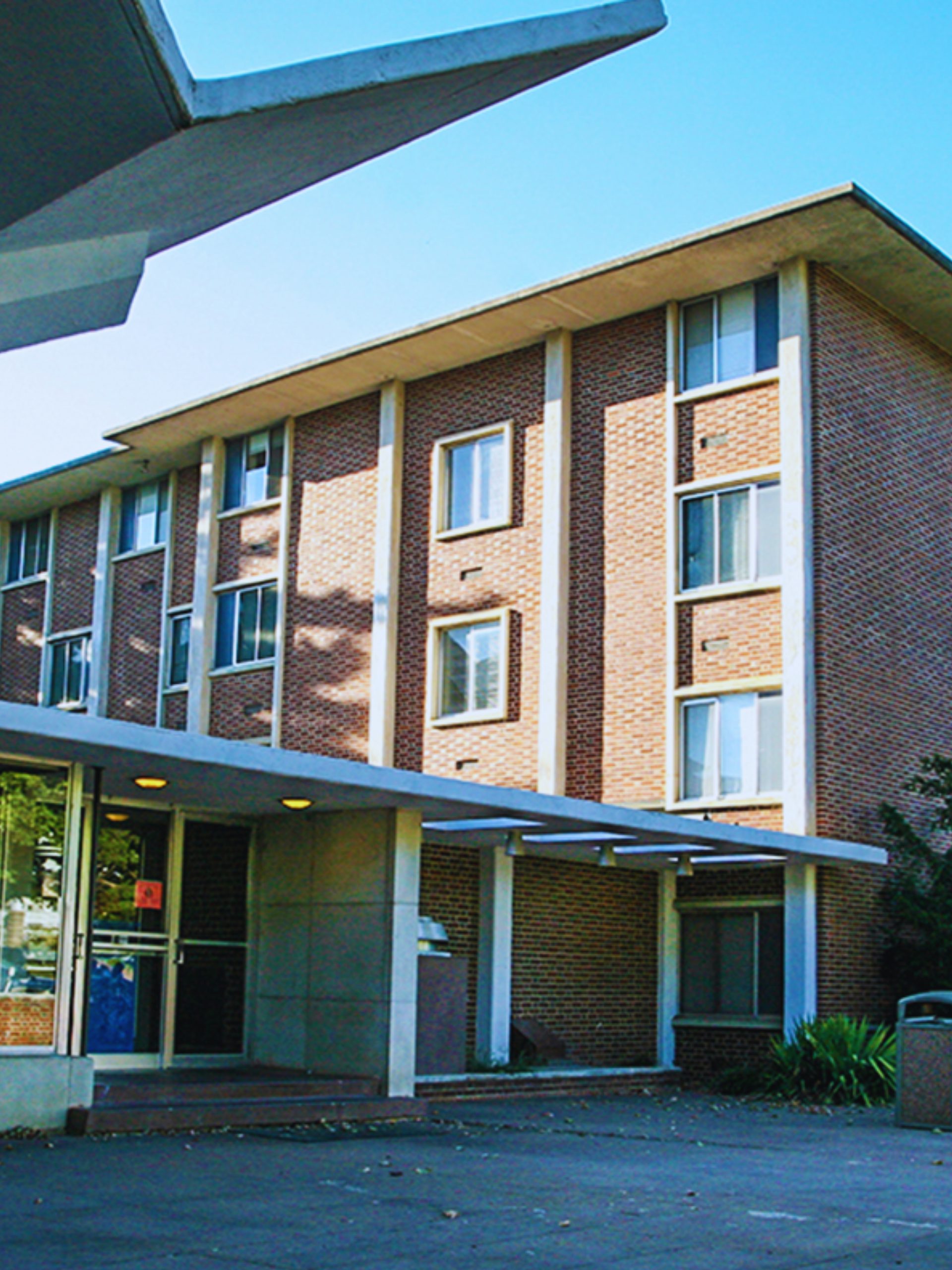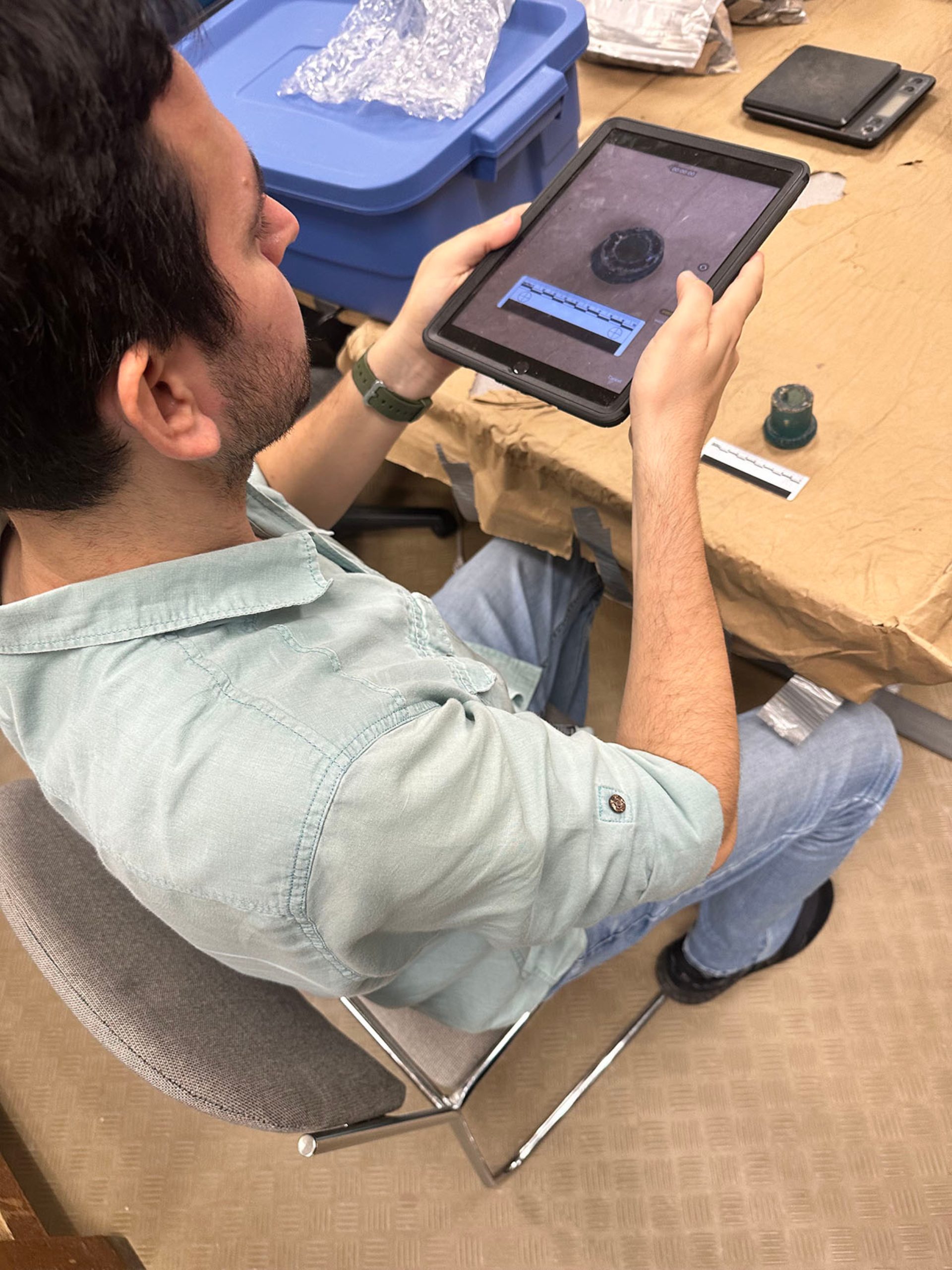Project Description
Overview
This project is part of a multi-year effort being undertaken by the Arkansas Archeological Survey (ARAS) to record and properly curate (based on the most up-to-date best-practices for artifact and document curation) all of the artifacts and associated paperwork in our collection facilities across the state. The ARAS intends to compile all records into a central database/s to make artifact curation and research more accessible to researchers both within and outside of the ARAS. This includes using a variety of technologies to make objects into 3D models for use on the University of Arkansas Virtual Museum, on social media, and on the ARAS website. The collections that the ARAS holds are numerous and the future research potential is enormous if researchers know what could be available to them. Public outreach is also an important part of the ARAS mission and these virtual artifacts are an important and interesting way to engage the public of Arkansas and the world with archeological research.
The initial steps of this project are to physically go through the collections, record what is there, find and scan all paper records associated with the artifacts, and evaluate the research potential for the collection. In this field school, students will be working with a collection of artifacts from a mitigation project done in the early 1990s in SW Arkansas. It contains evidence of Caddo occupation of the site as well as occupations before and after the Caddo. We have been and will be consulting with Caddo Nation representatives throughout the project and students will get to hear from and speak with those representatives about their goals for archeological research and how archeology can both help and harm them depending on how it is carried out. Students will take a field trip to the (now mostly destroyed) site from which the artifacts were excavated as well as to see other Caddo sites in the region and visit the JEC Hodges collection at Henderson State University.
Because the ARAS is still in the initial stages of collections rehabilitation and documentation, students will be getting in on the ground floor of the implementation of a system that is still being tweaked to work for all stakeholders. Students will not only use the database to catalogue the artifacts in the collection, but will use the database to write a short research paper on a topic around the collection on which they will be working and will be able to critique the useability and usefulness of the system. Students will take an old collection from poorly curated and archived, to up-to-date physically and virtually and accessible to researchers around the world. Students will also get the opportunity to learn about the many other collections and project records that are held by the ARAS and we hope that it inspires them to use collections (including ours) in their future research endeavors as graduate students and colleagues.
| Course Details | |
|---|---|
| Course Dates | June 16 – July 19, 2024 |
| Course Type | Archaeology, Museum Studies, Curation |
| Instructors | Dr. Michelle Rathgaber & Sarah Shepard |
| Credits* | 8 semester (12 quarter) |
| Apply By | April 1 |
| Fees Due By | Summer 1 (May 1) |
| Program Fees | |
|---|---|
| Tuition | $4,000 |
| Transcript Fee* | $300 |
| Health & Evacuation Insurance | N/A |
| Room & Board | $2,640 |
| TOTAL: | $6,940 |
Applications accepted on a rolling basis until program fills or final deadline above.
Instructors
The directors welcome emails and inquiries about the research elements of this project. More general information (tuition, health insurance, and payment schedule) can be found under the ‘Students’ tab above. Any further questions may be addressed to IFR staff. Additional details about research, course schedule, travel, accommodation, and safety can be found on the syllabus. Contacting the directors or the IFR office is encouraged and appreciated. It may help you determine if this field school is a good fit for you.
Testimonials
This is a new IFR field school. No student testimonials are available at this time.
Payment & Student Fees
Application Fee: There is a $45 fee to submit an online application.
Deposit Payment: A nonrefundable $500 deposit is due within 3 weeks of program acceptance in order to secure your place. The remainder of your program fees are due by the deadline indicated under “Course Details”.
*Transcript Fee & Academic Credit Opt Out: If you wish to participate in an IFR field school without earning academic credits, you will not be charged a transcript fee.
For more information about payment, fees, and policies, please see details under our Payment & Finances and Withdrawal and Cancellation Policy pages.
Accommodations
Students will be staying at the dorms on the University of Arkansas – Fayetteville campus. The dorms will provide single rooms within 4 person suites. Each student will have their own, lockable room; 2 students will share a bathroom in each wing of the suite; and there is a shared public area in the center.
The program will provide linens (sheets, blanket, pillow, pillowcase, bath towel, hand towel, washcloth) to each student. Each student is responsible for laundering their own linens and returning them at the end of the program. There is a paid laundry facility in the dorm.
Students will be responsible for keeping their room, shared bathroom, and suite clean. Cleaning supplies and toilet paper will be provided by the program.
Meals
Students will have breakfast and dinner provided to them at the cafeteria on campus near the dorms during weekdays. Staff will join them for dinner a couple of nights each week. The cafeteria serves food buffet style and provides an assortment of different foods for each meal. They can also accommodate most dietary restrictions. On weekends the cafeteria provides brunch and dinner and will be open to field school students. (All of these meals are included in the cost of tuition)
Lunch during the week will be sandwiches/salads/chips/etc. put together by students from supplies kept in the refrigerator in the break room at the CO. Staff and students will put together a shopping list and go 1-2x per week to the grocery store to pick up supplies as needed. (These costs are included in tuition)
On field trip days (Fridays) students may opt to pack a lunch from the breakroom to bring along or stop at a local restaurant. Meals at restaurants are not covered by the cost of the program.


Travel Info
Natural disasters, political changes, weather conditions and various other factors may force the cancellation or alteration of a field school. IFR recommends students only purchase airline tickets that are fully refundable and consider travel insurance in case a program or travel plans must change for any reason.
General information for this program is below, but keep in mind we will discuss any updated travel information and regulations during the required program orientation, which could affect travel plans.
Northwest Arkansas National Airport (XNA) is the closest airport to Fayetteville. From there ARAS staff will pick up students and bring them to the UAF campus dorms where they will be staying for the duration of the field school. Times for pickup will be scheduled on Sunday June 16 based on when students’ flights arrive.
Students may also drive to Fayetteville. If driving, you will need a parking pass to keep your car on campus near the dorms. This will be an extra expense and will have to be arranged between the student and the parking office (we can get more information to those students who need it).
When students are on campus, there are free buses that run to various parts of Fayetteville, including one that runs to the ARAS Coordinating Office/Lab. Students will catch the bus each morning to the CO and back to campus in the afternoon (exact start and end times of the work day will depend on the bus schedule).
If there are problems in a student’s travel agenda they can contact Michelle Rathgaber on her cell phone, which will be provided after registration.
VISA REQUIREMENTS
Citizens not from the USA are asked to check the embassy website page at their home country for specific visa requirements.
Student Safety
The IFR primary concern is with education. Traveling and conducting field research involve risk. Students interested in participating in IFR programs must weigh whether the potential risk is worth the value of education provided. While risk is inherent in everything we do, we do not take risk lightly. The IFR engages in intensive review of each field school location prior to approval. Once a program is accepted, the IFR reviews each program annually to make sure it complies with all our standards and policies, including student safety.
Students attending IFR international programs are covered by a comprehensive Health Insurance policy that includes physical illness or injury, mental or chronic conditions. No deductible and 100% of costs are covered up to $250,000. In addition, we provide Political and Natural Disaster Evacuation policy, which allow us to remove students from field school location if local conditions change. Our field school directors are scholars that know field school locations and cultures well and are plugged in into local communities and state institution structures.
Students attending IFR domestic programs (within the US) must have their own health insurance and provide proof upon enrollment. IFR field school directors are familiar with local authorities and if in need of evacuation, local emergency services and/or law enforcement will be notified and activated.
The IFR has strong, explicit and robust policy towards discrimination and harassment in the field. If students feel they cannot discuss personal safety issues with field school staff, the IFR operates an emergency hotline where students may contact IFR personnel directly.
Call (877-839-4374) or email (info@ifrglobal.org) if you have questions about the safety of any particular program.






